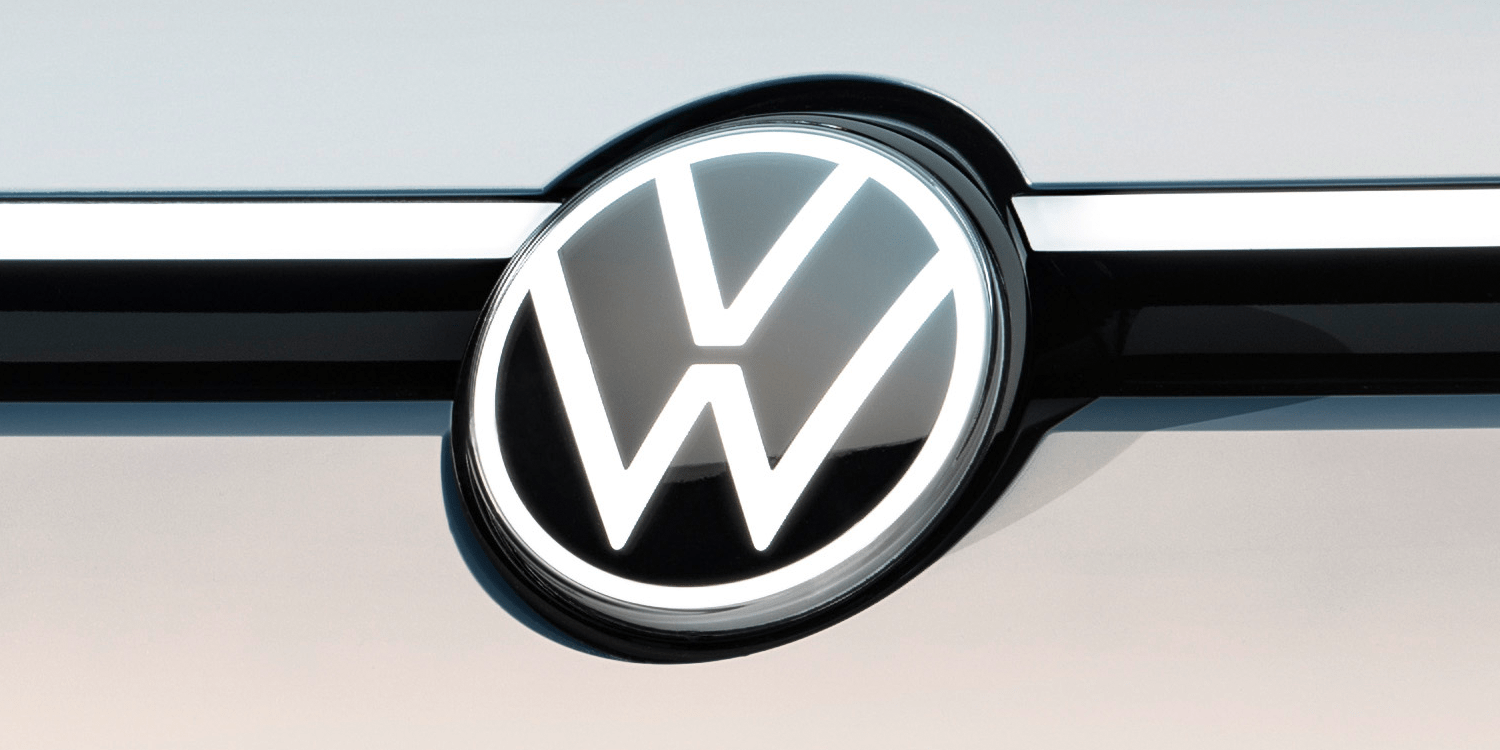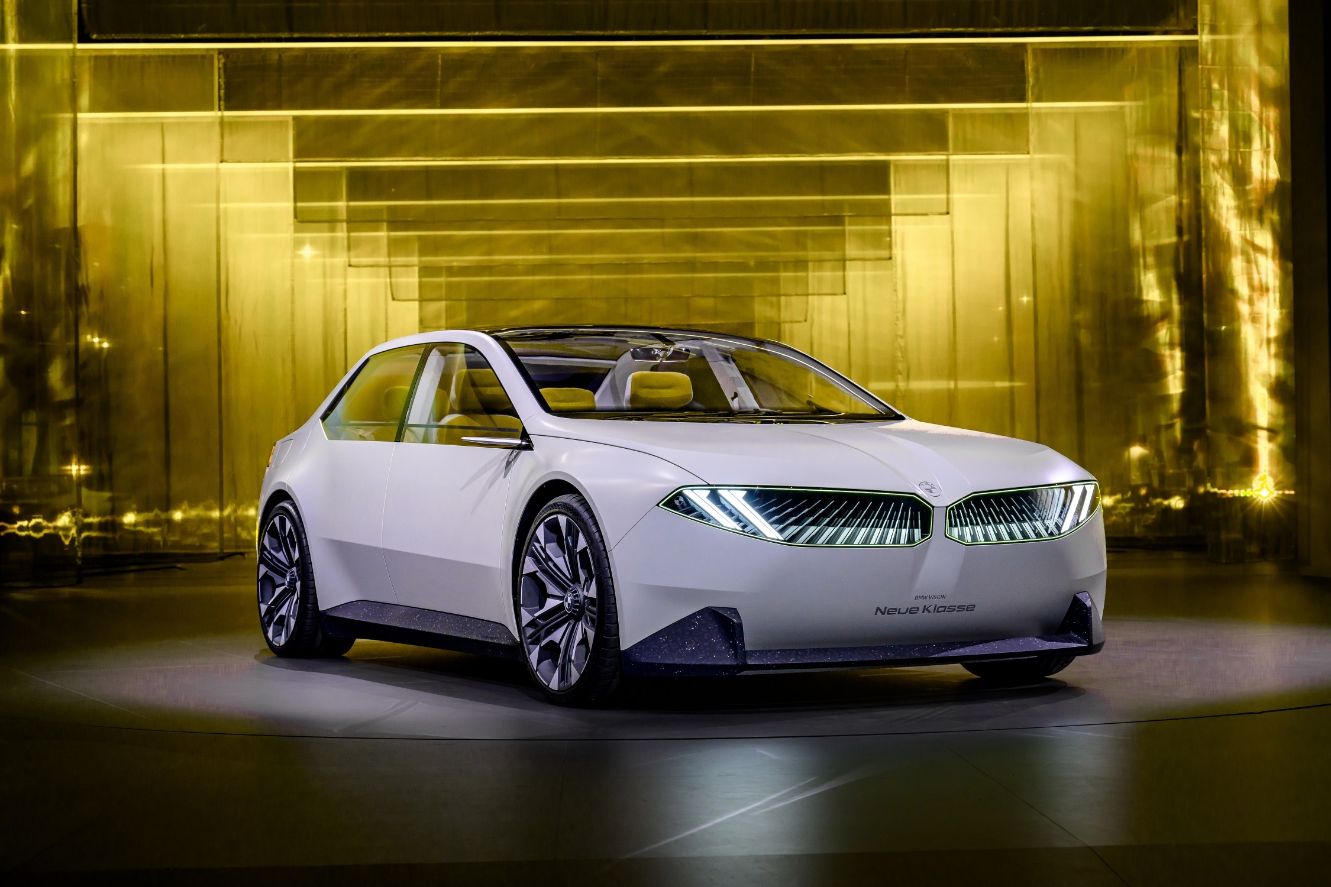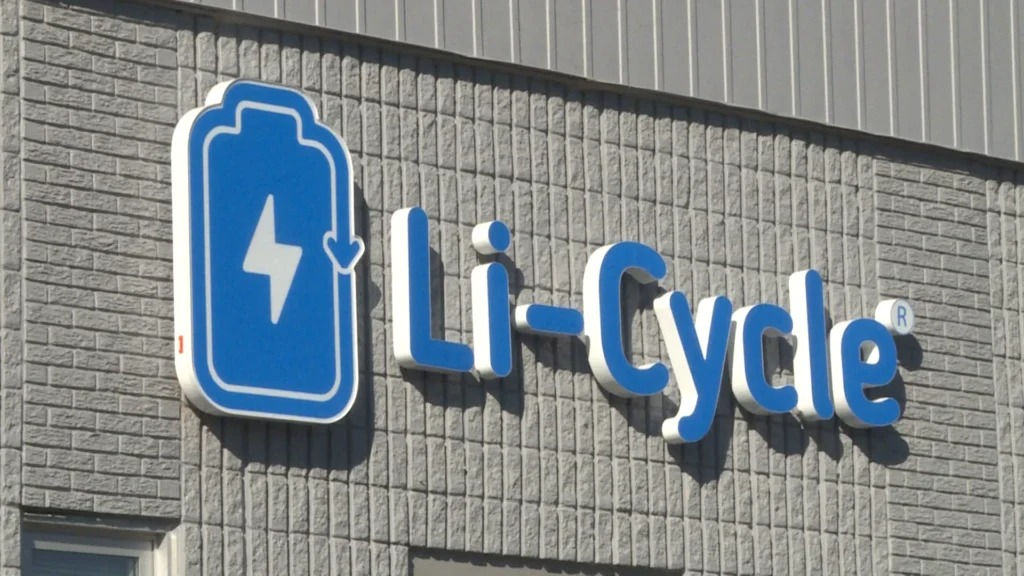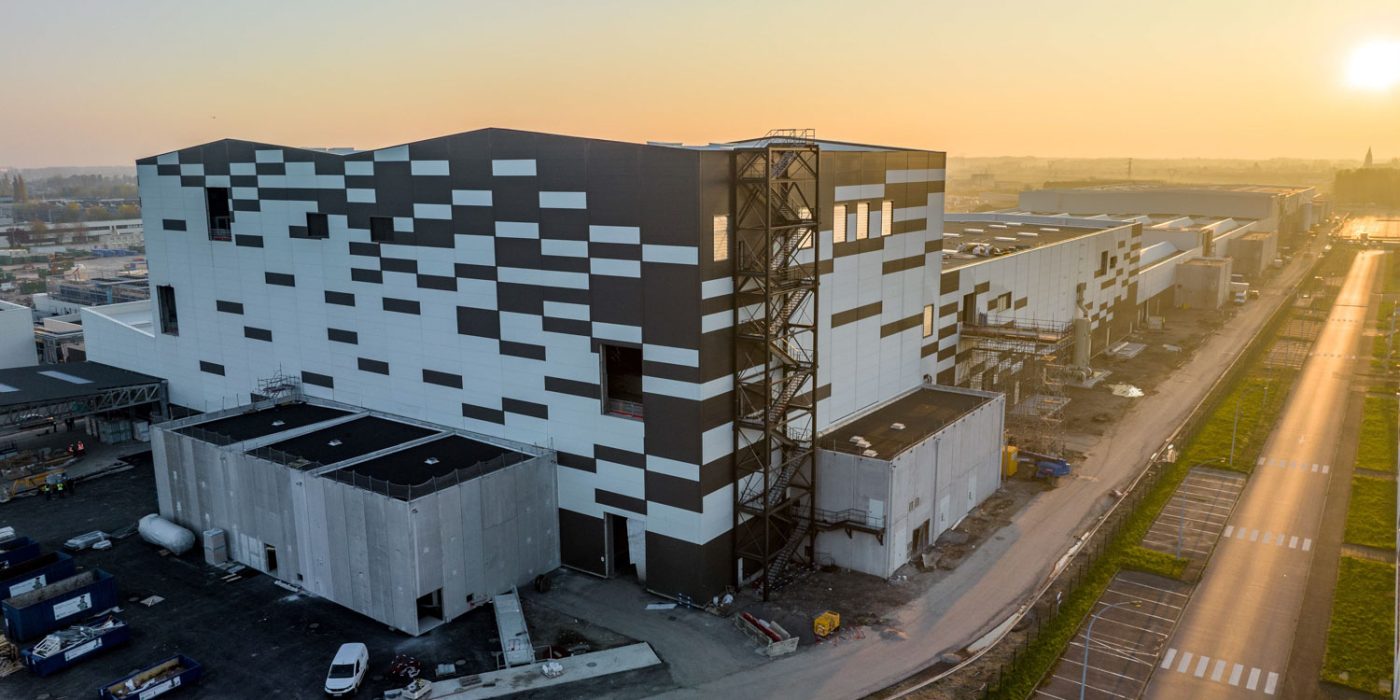Volkswagen, a key player in the automotive industry, has postponed its decision regarding the construction of its fourth battery plant in an eastern European location due to diminishing demand for Battery Electric Vehicles (BEVs). This decision follows Volkswagen’s earlier announcement of remarkable BEV sales growth in the first nine months of 2023, alongside shrinking order banks, reflecting a broader trend of sluggish demand impacting multiple automakers.
In a statement released by Skoda, Volkswagen Group’s CEO, Oliver Blume, cited market conditions, particularly the sluggish progress of the BEV market in Europe, as the primary reason for deferring the decision. He emphasized that, at present, there is no compelling business rationale for proceeding with the selection of additional sites.
As reported by Reuters, CEO Oliver Blume recently engaged in discussions with Czech officials who were advocating for the construction of a gigafactory in their country. Following Volkswagen’s decision to delay, Czech Republic’s Prime Minister Petr Fiala expressed that they can no longer reserve land for this project and will divert their attention to other endeavors. In light of this development, Industry Minister Jozef Sikela confirmed that they are in discussions with five other investors, two of which are proposing projects of a similar scale to Volkswagen’s intended plant.
Despite the setback regarding the battery production facility, Volkswagen reaffirmed its commitment to Skoda’s expanding electrified lineup, announcing six upcoming EV launches by the conclusion of 2026.
This marks the second time Volkswagen has postponed the decision for the Eastern European battery plant, as an earlier statement in 2023 had indicated that there was “no rush.” Potential locations for Volkswagen’s fourth gigafactory had included the Czech Republic, Hungary, Poland, or Slovakia.
Volkswagen Group’s existing three battery plants are already confirmed for construction in Salzgitter (Germany), Valencia (Spain), and St. Thomas (Canada), offering a combined production potential of up to 200 GWh per year. This adjusted output potential contrasts with the initial plan outlined in VW’s 2022 strategy, which had included the goal of establishing six gigafactories in Europe by 2030 with an aggregate production capacity of 240 GWh.







